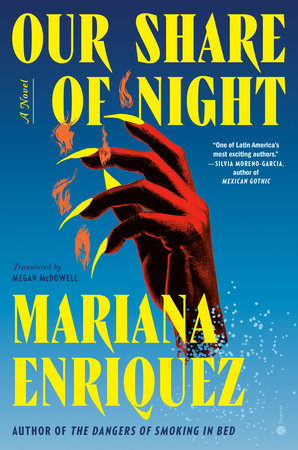⋆⋆
Thank you to NetGalley and Scribner for allowing me to read this ARC!
Content Warning: suicide, misogyny, homophobia, rape (mentioned, off-page), eating disorders, violence, stalking, animal cruelty, racism.
Greta lives in an old Dutch farmhouse, working as a transcriber for a "sex and relationship coach" in Hudson, New York. She's also a mess. Listening in on people's therapy sessions hasn't done much for her own mental health, but she gets a kick out of it nonetheless, and she's particularly captivated by one of her boss's new clients. Greta calls her Big Swiss (owing to the fact that she's tall and from Switzerland) and for Greta, listening to her sessions is somehow cathartic -- they both have experienced major traumas in their lives, but their ways of coping are about as opposite as you can get. One day, Greta hears a familiar voice as she's at the dog park, and when she realizes it's Big Swiss in the flesh, she quickly introduces herself -- not as Greta, but Rebekah. As the two of them become tangled up in a messy, intense relationship, Greta is forced to face the demons of her past and some of the demons in her present, too.
Let me start off by saying that Big Swiss is not my usual kind of book. I decided to give it a go, mainly because I love messy female protagonists with a dark, dry sense of humor (and the lesbian relationship is a plus, too!), but I think it's only fair to mention this before I properly begin my review. Some people have likened Beagin's style to Otessa Moshfegh, and as I'm a big fan of her books, I thought, why not? It's always good to broaden your horizons. Unfortunately, in this case, I probably should've trusted the hesitation I felt.
The biggest problem I have is with the two main characters, Greta and Flavia (the titular Big Swiss). At first, I was intrigued by their dynamic, and I even found them oddly charming in some situations, but as the novel progressed, I quickly grew tired of their flakiness, their inability to be kind to one another, and, head and shoulders above the rest, the lack of chemistry between them. It was difficult to understand why they put up with each other, and what attracted them to one another in the first place. Although the 'why' is repeatedly spelled out for us, it doesn't really make sense with the actual interactions we see on-page. Big Swiss, in particular, is not a likable or even interesting character to me. Why Greta is so instantaneously infatuated with her is really anybody's guess.
There's a lot of social commentary here, but most of it falls flat. It's the usual type of dry humor, making fun of everyone for everything, and to put it simply, it's boring. I also don't think that this book is quite as funny as it thinks it is, and instead of laughing or feeling tickled by a lot of the things intended to be funny, I was mostly left cringing. Greta is tactless, almost to the point of stupidity or naivete, and although she's forty-five, I had to continuously remind myself that she wasn't actually meant to be a vapid teenager or twenty-something.
There's also really no plot to speak of. The ending is a bit disappointing; it feels like a lot of build-up for nothing. I didn't hate this book, but reading it felt like filler, like waiting for something meaningful to happen. Also, there's a lot of casual racism, and I wasn't a huge fan of the way the book handled Greta's questioning of her sexuality, nor did I like some of Big Swiss's comments about lesbianism (the whole "I could never be a lesbian" thing was just kind of weird).
All in all, not my cup of tea, but judging by the very high ratings this book has gotten, I might be the odd one out.



